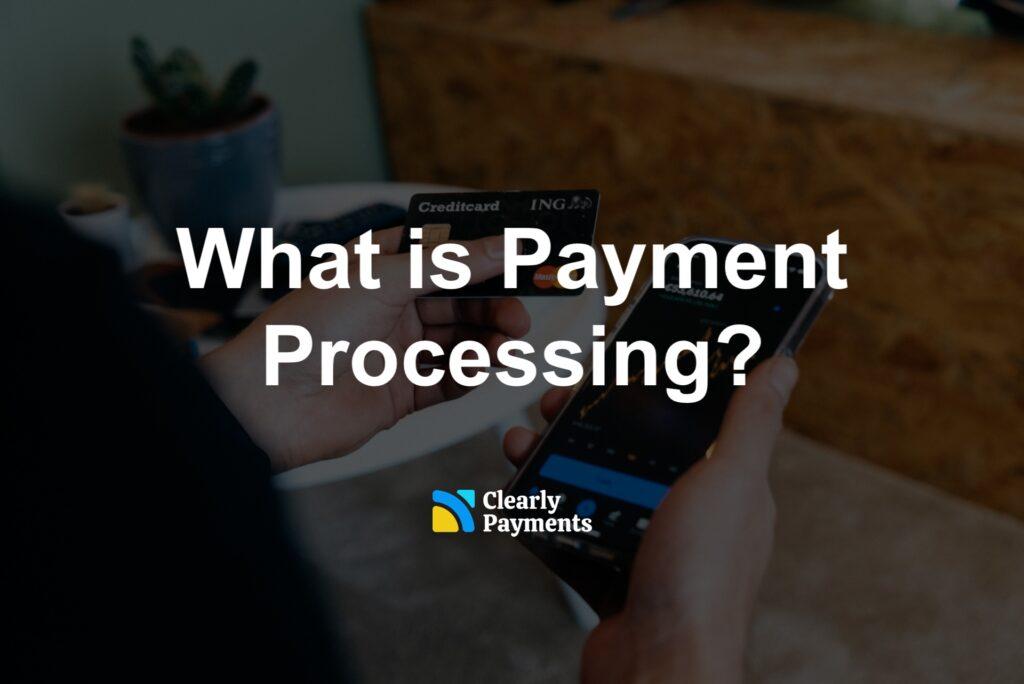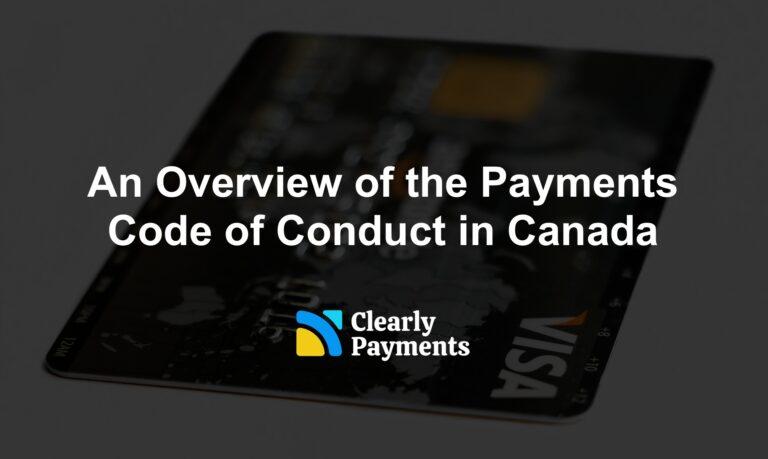Payment processing is a critical component of modern commerce, facilitating the secure transfer of funds between buyers and sellers. This article provides an exploration of payment processing, including the definition of payment processing, its historical development, current market landscape, key players, and the intricate mechanisms that underpin its operation.
The Definition of Payment Processing
Payment processing is the sequence of actions that occur behind the scenes to facilitate the transfer of funds from a customer to a merchant in exchange for goods or services. At its core, it involves the authorization, capture, and settlement of transactions. This process is vital for businesses, as it enables them to accept payments through various methods, including credit and debit cards, electronic bank transfers (EFT/ACH), and digital wallets.
When a customer initiates a payment, the payment processor verifies the transaction details, such as the cardholder’s information and the availability of funds. Once verified, the processor authorizes the transaction and communicates this approval to both the merchant and the customer. The funds are then temporarily held by the processor until the transaction is settled, which involves transferring the funds from the customer’s bank to the merchant’s account.
History of Payment Processing
The evolution of payment processing can be traced back to the earliest civilizations, where barter systems were used for trade. The introduction of coins as a standardized medium of exchange marked a significant advancement. The 20th century saw a revolution in payment methods, with the introduction of credit cards in the 1950s, the ATM in the 1960s, and electronic payment networks like Visa and Mastercard.
Today, Visa processes over 131 billion transactions annually. The digital age brought online platforms like PayPal, which boasts over 429 million users worldwide, and mobile wallets like Apple Pay and Google Pay, with mobile wallet payments projected to reach $13.9 trillion by 2027.
Payment Processing Market Size and Trends
The landscape of payment methods is witnessing a transformative shift, with a noticeable decline in cash transactions and a surge in digital payment solutions such as digital wallets and contactless payments. This evolution is propelling the growth of the payment processing market, a crucial infrastructure that ensures secure and seamless transactions between consumers and merchants.
Estimates from various market research firms provide insights into the current size and future prospects of the payment processing market:
- Mordor Intelligence values the global market at USD 56.31 billion in 2024, forecasting a growth rate of 10.70% to reach USD 93.62 billion by 2029.
- Markets and Markets projects the market size to be USD 103.2 billion in 2023, with a CAGR of 9.2% leading to USD 160.0 billion by 2028.
- Grand View Research offers a more conservative estimate, valuing the market at USD 47.61 billion in 2023 and anticipating a CAGR of 14.5% to reach USD 139.90 billion by 2030.
Despite varying figures, the consensus is that the payment processing market is on a significant growth trajectory and is expected to expand further in the upcoming years.
The payment processing market is influenced by several key trends:
- The Rise of E-commerce: The ongoing expansion of online shopping is driving the demand for secure and efficient payment processing solutions.
- Mobile Payment Boom: The growing use of smartphones and tablets is boosting the adoption of mobile payment solutions like Apple Pay and Google Pay.
- Focus on Security: With evolving cyber threats, the importance of robust security measures in payment processing is becoming increasingly critical.
- Emerging Technologies: Innovations such as blockchain and artificial intelligence are poised to bring further advancements and efficiencies to the payment processing landscape.
How Payment Processing Transactions Work
Payment processing is a complex system that involves multiple steps and parties to securely transfer funds from a customer’s account to a merchant’s account. Here’s a simplified overview of how it works:
1. Transaction Initiation
- Customer Payment: The process begins when a customer makes a payment using a credit/debit card or other payment methods at a merchant’s point of sale (POS) system or online checkout.
- Payment Gateway: The payment details are encrypted and sent to the payment gateway, which acts as a bridge between the merchant and the payment processor.
2. Payment Authorization
- Payment Processor: The payment gateway forwards the transaction details to the payment processor, which routes the information to the card network (e.g., Visa, Mastercard).
- Card Network: The credit card network sends the transaction details to the issuing bank (the customer’s bank) for authorization.
- Issuing Bank: The issuing bank checks the customer’s account for sufficient funds or credit limit and verifies the transaction’s validity. It then sends an approval or denial response back through the card network to the payment processor.
3. Transaction Settlement
- Batch Processing: Approved transactions are grouped into batches by the merchant’s POS system or payment gateway.
- Funds Transfer: The payment processor initiates the transfer of funds from the issuing bank to the acquiring bank (the merchant’s bank) for settlement. This usually occurs within a few days.
- Merchant Account: Once the funds are received by the acquiring bank, they are deposited into the merchant’s account, minus any processing fees.
4. Reconciliation and Reporting
- Reconciliation: Merchants reconcile their records with the transaction reports provided by the payment processor to ensure all sales are accounted for and fees are correctly charged.
- Reporting: Payment processors typically offer reporting tools for merchants to view transaction details, monitor sales trends, and manage their finances.
Key Factors to Consider in a Payment Processor
Choosing the right payment processor is crucial for businesses looking to offer seamless and secure transactions to their customers. Here are some essential factors to consider when selecting a payment processor:
Security and Compliance
- PCI Compliance: Ensure that the payment processor adheres to the Payment Card Industry Data Security Standard (PCI DSS) to protect sensitive cardholder data.
- Fraud Prevention: Look for advanced fraud detection and prevention tools to safeguard against unauthorized transactions and minimize chargebacks.
- Encryption: Strong encryption protocols should be in place to secure data during transmission and storage.
Payment Methods and Currencies
- Diverse Payment Options: The processor should support a wide range of payment methods, including credit/debit cards, digital wallets, and alternative payment options, to cater to different customer preferences.
- Multi-Currency Support: For businesses operating globally, the ability to process payments in multiple currencies is vital to accommodate international customers.
Fees and Pricing Structure
- Transparent Pricing: Look for clear and straightforward pricing with no hidden fees. Understand the transaction fees, monthly fees, and any additional charges that may apply. In short, use a payment processor with interchange plus pricing.
- Competitive Rates: Compare rates with other providers to ensure you’re getting a competitive deal.
Integration and Compatibility
- Ease of Integration: The payment processor should offer easy integration with your existing systems, such as your website, shopping cart, and accounting software.
- Compatibility: Ensure that the processor is compatible with your business platform and any other tools you use.
Customer Support
- Availability: Choose a processor that offers reliable customer support, with availability through multiple channels such as phone, email, and live chat.
- Responsiveness: Look for a provider with a reputation for quick and helpful support to resolve any issues promptly.
By carefully considering these factors, businesses can select a payment processor that not only meets their current needs but also supports their growth and success in the long term.
Get the best payment processing with TCM
- Lowest-cost processing in the industry
- Fund transfers in less than one day
- A full set of payment products to accept payment anytime, anywhere
- World-class customer service




